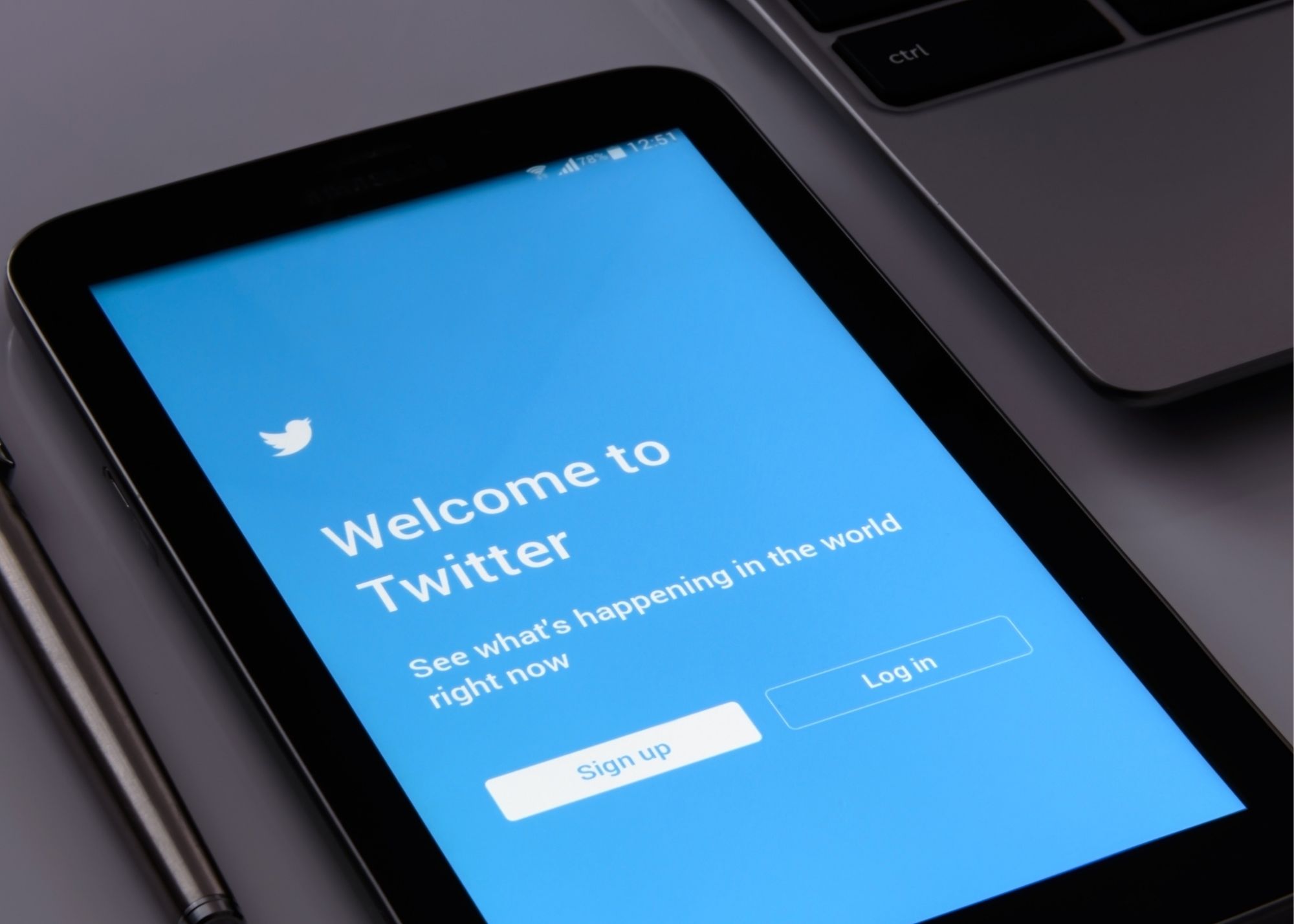If you’ve been keeping up to date with recent news, you have most likely been inundated with haunting images of wildfires sweeping across America, Canada, Europe, North Africa and Asia. You may have also come across devastating video footage of floods in Europe and Asia. When you’re surrounded by news like this, sometimes it’s hard to believe that being an activist and campaigning for positive change can make a difference. With all of the noise, it can be easy to feel that your voice won’t be heard or that what you have to say isn’t important enough. Sometimes it can even be that you feel uninformed or you’re seeing conflicting stories.
This World Humanitarian Day (August 19th) I want to share some ways in which you can take action in your community because your words can and will change the world, one small action at a time.

1. Be vocal about issues on social media
No matter how big or small your following, it’s important to remember that you are an influencer. Whether you have 6 followers or 6,000, you still have the power to reach your following and inform them of issues you care about. Whether you’re passionate about equality, climate change, or ending poverty, your own social media (private or personal) is a great place to share your activism.
I have both personal and public Instagram accounts. On both of these accounts, I share things that I find interesting and informative. I have always been a vocal person by speaking up about issues I care about. I have found over the years that many friends are interested in what I share, and for many of them, what I share has often lead them to change their own personal habits. For example, sharing posts about cruelty-free products and vegan-friendly meal ideas has influenced many of my friends to either cut down on animal product consumption or even give the vegan lifestyle a go themselves.
What you share doesn’t always have to be signing a petition or demanding donations, your shares can also be easy ways for someone to join a movement or to try something new such as a diet change.
2. Share reliable and accurate resources
So if you’re sharing resources with your following, it’s important to check that they are factual, reliable, and accurate. In the current climate of fake news being shared all around, it’s vital to take time to fact-check before hitting that share button. If you’re taking a quote, for example, it’s always a good idea to supply the link where you got it from. It’s also a great idea to get quotes and facts from reliable websites such as the World Health Organization or other well-known organizations and charities. On social media, it can be really easy to watch a video or see a graphic and share it on your feed. It’s good practice before you share, to go and check out that profile or page to see who has provided the information, what else they share, and if they are a reliable source to seek facts and information from. If you’re unsure, reach out to them and ask them your questions.

Educate your friends and family on how to spot misinformation
Once you feel confident in sourcing reliable information and spotting misinformation, it’s important to educate those around you to do the same. Whether that’s sending a quick message to a friend to let them know of some incorrect facts they may have shared or whether it’s providing a presentation to your network, sharing tools and strategies to help others to spot misinformation will make a big difference as remember, everyone is an influencer.
I recently worked with global agency Restless Development on their Youth Against Misinformation project. The project was launched in April last year in response to the growing COVID-19 misinformation pandemic online. You can access the reports from this project here.
3. Help to create or send content to charities
Whether you live in an area of humanitarian crisis or not, volunteering your time to help find and create trustworthy and factual content is a huge help to charities with limited resources. Perhaps you can do some research, organize some interviews or use your graphic design skills to create some social posts. If you want to get involved in a mission, whether on the field or virtually, this is a great way to do so. Reach out to your local or favorite charities to find out how you can help.
4. Write letters to your local representatives
Another way your words can change the world is by writing letters to your local representatives demanding positive change. Who you write to will depend on where you live and what the political climate is like in that area. Do some research to find out who is best to contact about your particular issue and which is the best way to reach them. Many charities and organizations have template letters on their website and they also often release specific ones when they need local people to join a movement. Results Canada has a great training booklet on how to write to your local MP.
Tweet your MP to lobby for change
If writing letters is too time-consuming or isn’t something you’re interested in, try to take your message on social media. Twitter is a great place to join conversations and start discussions. It’s also a great place to reach out to your MP with local issues and how best to reach them to discuss forming positive change.

5. Attend marches and protests
Once it’s safe to do so with the current COVID-19 pandemic, attending marches, rallies and protests are a great place to vocalize your concerns as well as meet like-minded people. Protests can and have helped to pave the way to transformational change. Last year, the University of Central Florida shared an article listing 7 influential protests in American history. This article provides great examples of how protests and marches have been a significant tool in advocating for change.
Looking to set up your own protest? Huff Post provides this great guide.
6. Set up discussion forums and support groups
Perhaps being vocal on issues and demanding justice isn’t really your thing. You can still help to make a difference by using a different approach. Whatever you’re passionate about, you can help bring people together whether that’s from across the globe or within your local community. Starting discussion forums on how to tackle an issue or setting up support groups for those affected can be a great way to not only provide information or support but to bring people together and create community.

Looking for more ways to join World Humanitarian Day?
This year, the United Nations have launched Join #theHumanRace
“Run, ride, swim, walk or do any activity of your choice for a cumulative 100 minutes between August 16 and August 31 in solidarity with vulnerable people and to tell world leaders that they expect developed countries to deliver on their decade-old pledge of $100 billion annually for climate mitigation and adaptation in developing countries. If you don’t wish to take part physically you can ADD YOUR VOICE.”
Find out more here.
Also by Anna: 6 Ways To Creatively Channel Your Inner Activist Through Artivism
Get more like this—Sign up for our daily inspirational newsletter for exclusive content!
__
Photo: Canva




